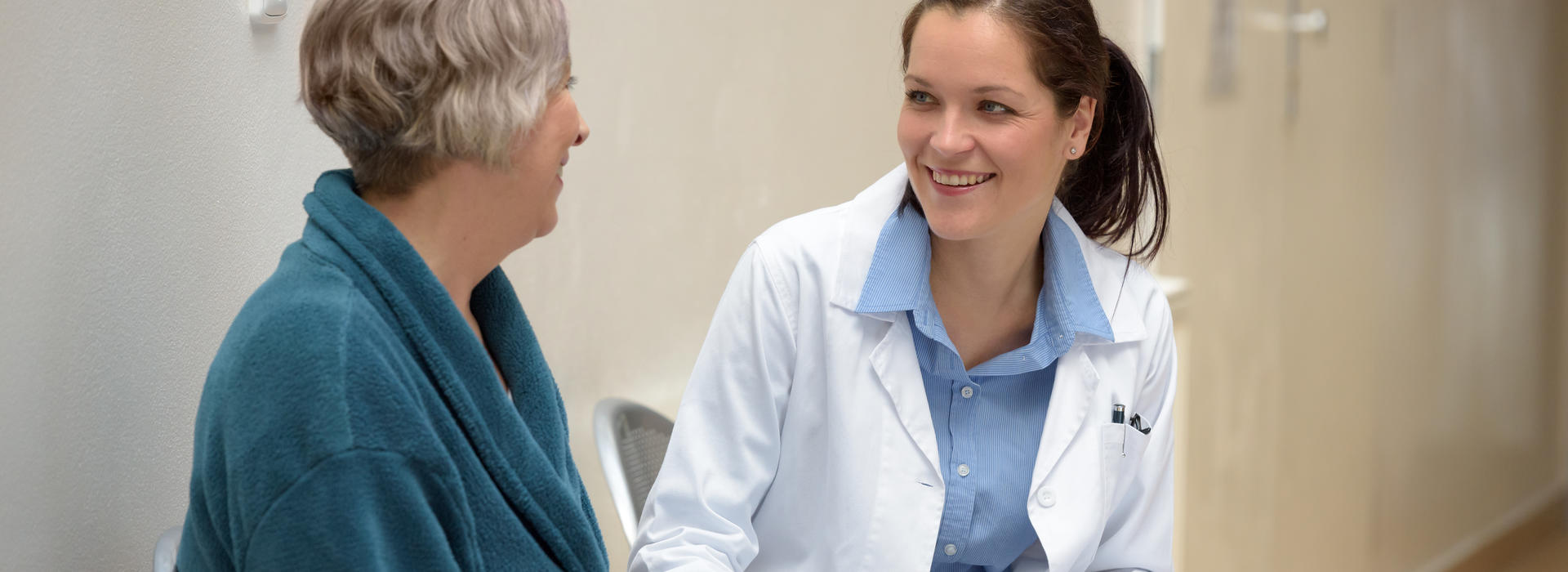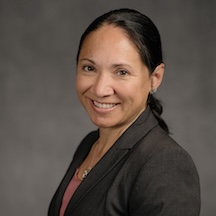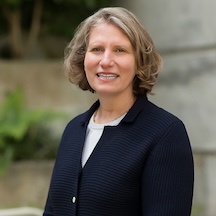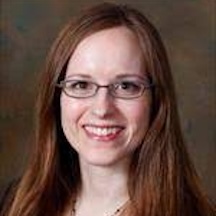
I CAN DO Surgical ACP (Improving Completion, Accuracy, and Dissemination Of Surgical Advanced Care Planning) Trial
Problem and Need for the Study
While advance care planning (ACP) is recommended within multiple national guidelines, few older patients receive ACP before undergoing major elective surgeries. A range of barriers exist for surgical ACP adoption, including a lack of comfort on the part of clinicians and patients, time, and patient-facing tools to prepare patients and caregivers to make complex health decisions. This can lead to older adults undergoing treatments that are not consistent with their goals and preferences.
A number of evidence-based ACP tools have been developed to help patients and their caregivers, including PREPARE, developed by the University of California San Francisco (UCSF) as an interactive online program to ready people to communicate their care goals and make medical decisions. Despite this, efforts to improve ACP evidence-based tools pre-surgery has not been done. We are interested in incorporating evidence-based ACP tools into the pre-surgery workflow so that patients can be empowered to discuss ACP before surgery.
Innovation and Impact
The I CAN DO Surgical ACP collaborative includes the University of California San Francisco (lead site), University of Minnesota, and University of California Irvine (UCI). They will conduct a pragmatic randomized controlled trial that will evaluate the effectiveness of incorporating evidence-based ACP tools into the pre-surgery workflow. The trial will focus on patients 65 years or older and patients with serious illness who have been referred to have a major elective surgery.
The objective of this project is to evaluate the impact of three different delivery strategies for pre-surgery ACP that require different amounts of resources:
- A letter about ACP and other evidence-based ACP tools
- A letter about ACP and other evidence-based ACP tools, and text/phone reminders
- A letter about ACP and other evidence-based ACP tools, text/phone reminders, and a healthcare navigator to assist with ACP documentation
We are using mixed methods to assess patient and surgical care team experiences with these tools, including the use of natural language processing to evaluate ACP notes. This collaborative effort will help older patients receive treatments that fit their goals and values, even when they are unable to make their own medical decisions.
Key Personnel and Performance Sites
University of Minnesota

- Principal Investigator: Genevieve Melton-Meaux
- Co-Investigators: Joe Koopmeiners, Jenna Marquard, Debbie Pestka, Rubina Rizvi, Gyorgy Simon
University of California San Francisco


- Principal Investigators: Elizabeth Wick, Rebecca Sudore
- Co-Investigators: Logan Pierce, Daniel Dohan, W John Boscardin
- Program Manager: Jeanette Broering
University of California Irvine
- Co-Investigators: Joseph Carmichael, Lisa Gibbs
This project is funded by a five-year*, UG3/UH3 grant from the National Institute on Aging.
*UH3 project pending approval following UG3 progress in year 1.
1UG3AG081663-01
Project dates: 01-August-2023 to 31-July-2024